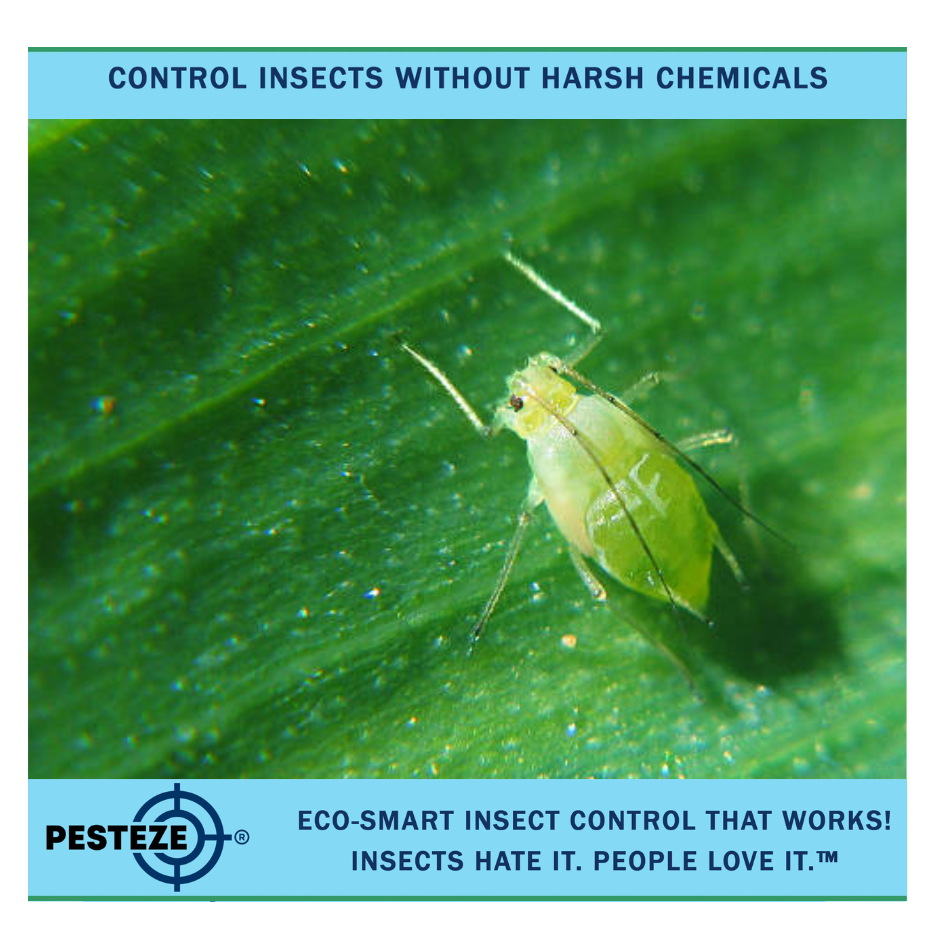APHID-FREE GARDEN: BEST NATURAL REPELLENTS YOU NEED TO TRY




Aphids are common garden pests that can damage plants by feeding on their sap and spreading diseases. Fortunately, there are many natural repellents available to protect your plants from aphids without resorting to harmful chemicals. From neem oil and insecticidal soap to beneficial insects and DIY sprays, there are numerous humane and effective ways to keep aphids at bay. This guide explores the best natural repellents for aphids, ensuring your plants stay healthy and pest-free.
Aphids are one of the most common and damaging pests in gardens, often attacking a wide variety of plants, including roses, vegetables, and ornamental flowers. These tiny insects suck sap from plants, leading to stunted growth, yellowing leaves, and the potential spread of harmful diseases. Luckily, there are several natural repellents that can effectively deter aphids without harming the environment or beneficial insects.
Neem oil is one of the most popular and effective natural repellents for aphids. Derived from the neem tree, neem oil acts as a pesticide, disrupting the feeding and reproductive cycles of aphids. It is safe for most plants and doesn’t harm beneficial insects when used properly. To use neem oil, dilute it with water according to the instructions and spray it on the affected areas of your plants. It’s best to apply neem oil in the early morning or late evening to avoid harming pollinators like bees.
Insecticidal soap is another great option for controlling aphids. This soap works by breaking down the waxy outer layer of aphids, causing them to dehydrate and die. Insecticidal soap is non-toxic to plants, pets, and humans, making it an ideal solution for organic gardening. Apply the soap directly to aphids, ensuring full coverage of the plant. You may need to reapply after rainfall or watering.
Introducing beneficial insects is a natural way to keep aphids under control. Ladybugs, lacewing larvae, and hoverflies are natural predators of aphids and will quickly reduce their population in your garden. You can attract these helpful insects by planting nectar-rich flowers and herbs or by purchasing them from a garden store.
For a simple DIY approach, a garlic spray can work wonders in repelling aphids. Garlic has a strong odor that aphids find unpleasant. To make a garlic spray, blend a few garlic cloves with water, strain the mixture, and spray it on your plants. The smell will deter aphids from feeding, and it’s a safe, natural alternative to chemical pesticides.
Lastly, companion planting can help keep aphids away. Certain plants, such as garlic, chives, marigolds, and nasturtiums, naturally repel aphids. Planting these near your vulnerable crops or flowers creates a natural barrier that prevents aphid infestations.
By using these natural repellents, you can protect your plants from aphids without resorting to harsh chemicals. Whether you choose neem oil, insecticidal soap, beneficial insects, or DIY sprays, these eco-friendly solutions will help maintain a healthy, aphid-free garden.
Comments 0